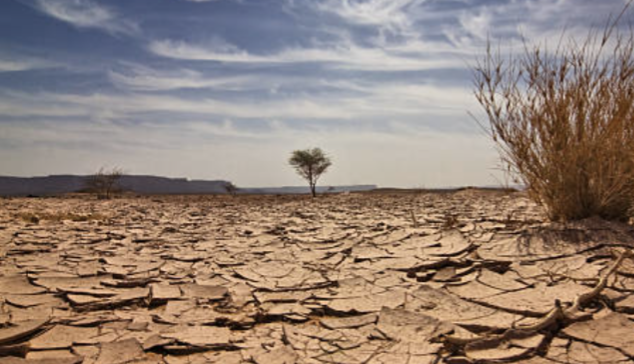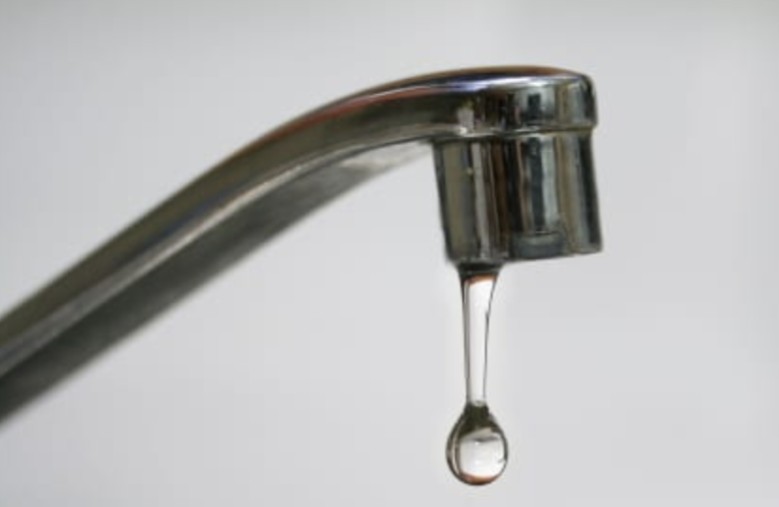Why is Water Conservation Important Globally?
Water conservation is crucial because it directly impacts health, food production, and environmental sustainability. Over 40% of the global population currently experiences water shortages, and this figure is expected to increase. Clean water is essential for preventing diseases, maintaining sanitation, and ensuring food security. Additionally, freshwater ecosystems support a significant proportion of the world’s biodiversity, which is threatened by water scarcity and pollution [❞].
Main Causes of Water Scarcity
- Climate Change: Shifts in weather patterns and increasing frequency of droughts and floods affect freshwater availability.
- Pollution: Contaminants from agriculture, industry, and human waste pollute water sources, making them unsafe for consumption.
- Agricultural Practices: Agriculture accounts for 70% of global freshwater use, and inefficient irrigation methods lead to significant water waste.
- Population Growth: The growing global population increases demand for water in agriculture, industry, and domestic use, putting further strain on limited resources [❞].

Effective Water Conservation Methods for Individuals and Households
- Reducing Water Waste: Simple actions like fixing leaks, using water-efficient fixtures, and reducing shower time can save substantial amounts of water.
- Smart Landscaping: Using native plants that require less water and installing efficient irrigation systems can significantly reduce outdoor water use.
- Water Recycling: Systems that recycle greywater for non-potable uses, such as flushing toilets and irrigation, help reduce overall water consumption.
- Technological Solutions: Installing smart water meters can help households monitor and reduce their water usage through real-time feedback and suggestions [❞].
How Businesses and Industries Can Contribute to Water Conservation
- Water Stewardship Programs: Businesses can assess their water footprints, adopt water-efficient practices, and collaborate with stakeholders to improve water management.
- Technological Upgrades: Implementing water-saving technologies, such as waterless urinals and efficient cooling systems, can reduce industrial water use.
- Policy Advocacy: Companies can support policies that promote sustainable water use and invest in water conservation projects within their communities [❞] [❞].
Long-term Benefits of Water Conservation
- Sustainable Resource Management: Conserving water ensures that future generations have access to this vital resource.
- Economic Stability: Efficient water use can reduce costs for businesses and households, and support economic growth by maintaining agricultural productivity.
- Environmental Protection: Preserving freshwater ecosystems helps maintain biodiversity, supports climate resilience, and reduces the impacts of pollution and habitat loss [❞] [❞].


Leave a Reply